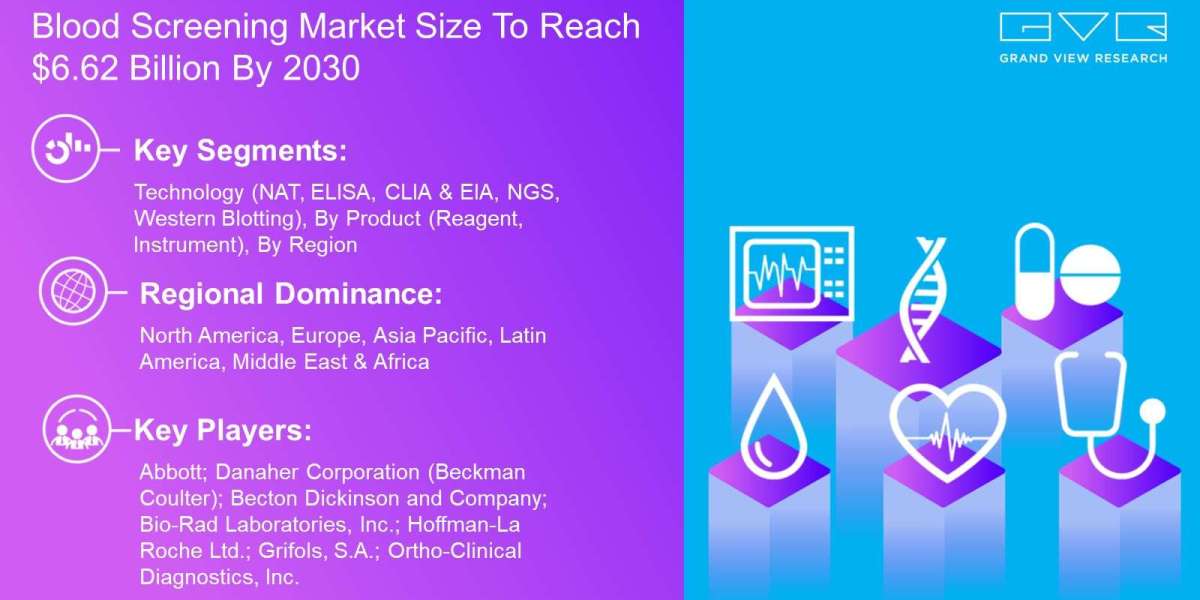Introduction:
In today's rapidly evolving healthcare landscape, efficient management of revenue cycles has become paramount for healthcare organizations.
As medical costs rise and reimbursement processes grow increasingly complex, implementing effective revenue cycle management (RCM) strategies has become crucial to ensure financial stability and optimizing patient care.
In this article, we will explore the significance of healthcare revenue cycle management and discuss key components that contribute to its success.
Understanding the Health Care Revenue Cycle:
The healthcare revenue cycle encompasses the entire process of financial interactions between healthcare providers, patients, and payers. It starts from the point when a patient schedules an appointment or receives a service and continues until the payment is collected and any outstanding balances are resolved.
It involves various stages, including patient registration, insurance verification, charge capture, coding and billing, claims submission, payment posting, denial management, and patient collections.
Enhancing Financial Performance:
Efficient revenue cycle management plays a vital role in maximizing the financial performance of healthcare organizations. By streamlining workflows and reducing administrative errors, providers can accelerate the reimbursement process, optimize revenue capture, and minimize claim denials.
Timely and accurate billing and coding, coupled with effective denial management strategies, enable organizations to maintain a healthy cash flow and minimize revenue leakage.
Improving Patient Experience:
An effective revenue cycle management system not only benefits healthcare providers but also enhances the overall patient experience. Clear and transparent communication regarding financial responsibilities, insurance coverage, and payment options cultivates patient trust and satisfaction.
Additionally, implementing patient-friendly billing practices, such as offering flexible payment plans and providing easily accessible online portals for bill payment, helps alleviate the financial burden on patients and improves their experience with the organization.
Harnessing Technology:
Advancements in technology have revolutionized healthcare revenue cycle management. Automation tools, electronic health records (EHRs), and revenue cycle management software have simplified administrative tasks, improved accuracy, and reduced manual errors.
These technological solutions enable seamless integration of billing and coding processes, faster claims processing, and efficient tracking of reimbursement statuses. By leveraging technology, healthcare organizations can enhance operational efficiency and focus more on patient care.
Navigating Regulatory Compliance:
The ever-evolving regulatory landscape in the healthcare industry poses significant challenges to revenue cycle management. Healthcare organizations must stay updated with the latest regulations, such as the Health Insurance Portability and Accountability Act (HIPAA) and the Affordable Care Act (ACA).
Compliance with these regulations is crucial to avoid penalties and legal issues. By implementing robust RCM processes that adhere to regulatory guidelines, organizations can mitigate risks and ensure compliance while maintaining financial stability.
Outsourcing Revenue Cycle Management:
Many healthcare organizations are turning to outsource their revenue cycle management functions to specialized vendors. Outsourcing allows providers to benefit from the expertise of professionals who are well-versed in the complexities of medical billing, coding, and claims management.
Outsourcing RCM not only reduces administrative burden and overhead costs but also ensures access to the latest technology and industry best practices.
Conclusion
In an era where healthcare costs are rising, and payment systems are becoming increasingly intricate, effective revenue cycle management is essential for the financial success of healthcare organizations such as HelloMDs.
By implementing streamlined processes, harnessing technology, and focusing on patient satisfaction, providers can optimize revenue capture, enhance cash flow, and provide quality care.
With careful attention to regulatory compliance and the option of outsourcing, healthcare organizations can navigate the complexities of revenue cycle management and thrive in the dynamic healthcare landscape of today and tomorrow.



